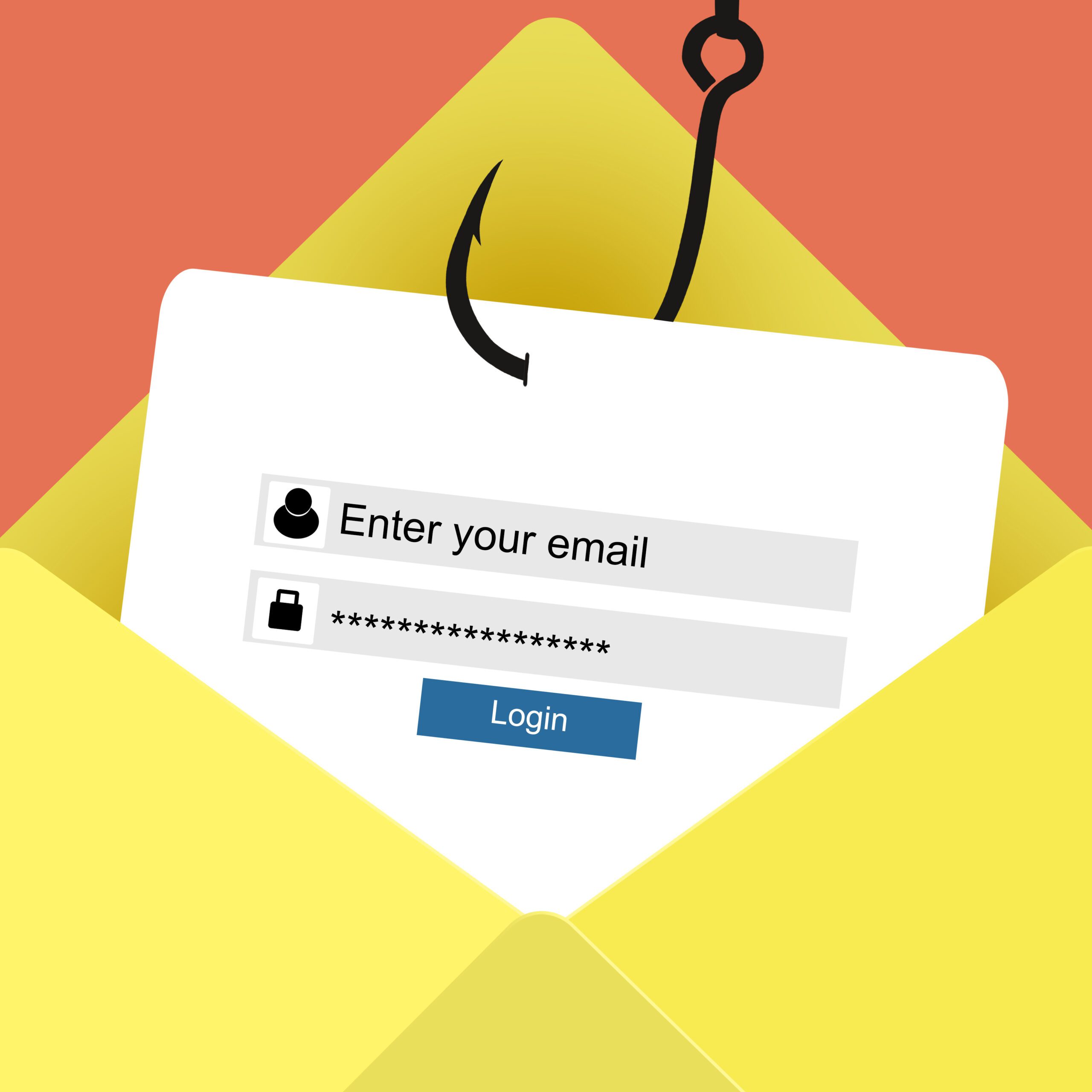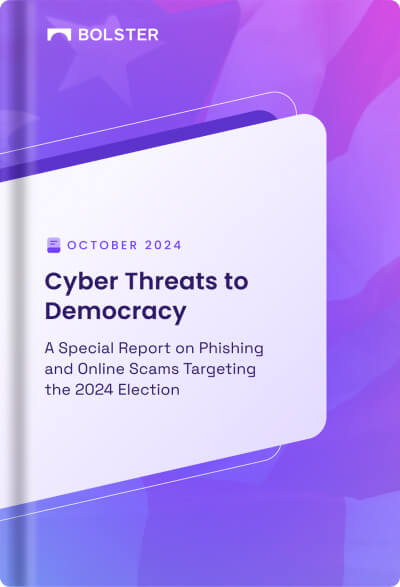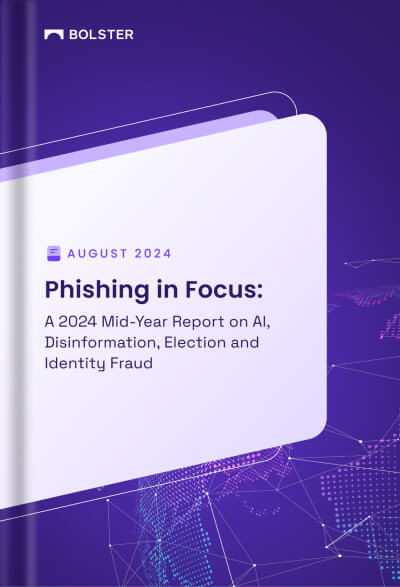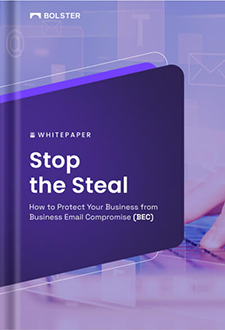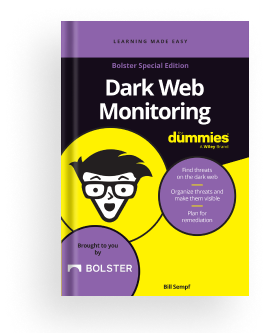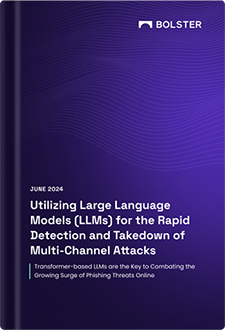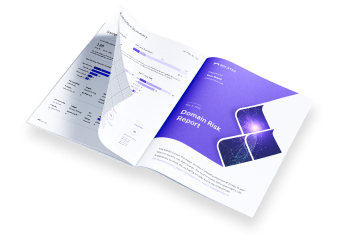What is anti phishing software?
Anti phishing software is a security tool designed to protect users from phishing attacks. Phishing is a type of cyber attack where attackers impersonate legitimate websites or organizations to trick users into revealing sensitive information such as usernames, passwords, or credit card details.
Anti phishing software works by detecting and blocking phishing attempts. It typically incorporates various techniques to identify and prevent phishing attacks, including:
1. Website analysis: Anti phishing software analyzes websites and checks for indicators of phishing, such as suspicious URLs or fake SSL certificates.
2. Email filtering: Phishing emails are one of the most common methods used by attackers. Anti phishing software scans incoming emails and filters out suspicious messages that may contain phishing links or attachments.
3. Link protection: Anti phishing software can also protect users from clicking on malicious links by analyzing and blocking potentially dangerous URLs in real-time.
4. User education: Some anti phishing software also provides educational resources to help users recognize and report phishing attempts. This may include training modules, simulated phishing campaigns, or security awareness materials.
By using anti phishing software, organizations can significantly reduce the risk of falling victim to phishing attacks. It helps protect sensitive information, prevents financial loss, especially from ransomware, and safeguards the reputation of both individuals and businesses.
When choosing anti phishing software, it is important to consider its effectiveness, ease of use, and compatibility with existing security systems. Regular updates and maintenance are also crucial to stay protected against evolving phishing techniques.
How does anti phishing software protect me from online threats?
Phishing attacks have become increasingly prevalent in today’s digitally connected, cloud-based world, posing a serious threat to individuals and organizations alike. To combat this growing menace, anti-phishing software has emerged as a crucial line of defense. But how exactly does this software protect you from online threats? Let’s dive in.
First and foremost, anti-phishing software acts as a robust shield against deceptive emails, websites, and other online platforms used by cybercriminals to trick unsuspecting victims. By leveraging advanced algorithms, AI, and machine learning techniques, this software proactively scans incoming emails and web content for telltale signs of phishing attempts. It analyses various attributes such as sender reputation, email headers, URL structures, and content patterns to identify potential threats.
Once a potential phishing attack is detected, the software automatically blocks or flags the suspicious content, preventing it from reaching your inbox or web browser. This immediate intervention significantly reduces the chances of falling victim to phishing scams, as it prevents users from inadvertently clicking on malicious links or downloading harmful attachments.
Moreover, anti-phishing software helps in educating users about the common tactics employed by cybercriminals. It alerts users about the indicators of a phishing attack, such as misspelled URLs, suspicious attachments, or requests for sensitive information. By raising awareness and providing real-time feedback, this software empowers users to make informed decisions and avoid falling into phishing traps.
Another crucial aspect of anti-phishing software is its capability to keep up with the ever-evolving phishing techniques employed by cybercriminals. As new phishing methods and strategies emerge, anti-phishing software adapts and updates its algorithms and databases to recognize and block these evolving threats. Regular updates and maintenance ensure that the software remains effective against the latest phishing attacks.
Compatibility with existing security systems is also an important consideration when choosing anti-phishing software. Integration with other security solutions, such as firewalls, email gateways, and endpoint protection systems, enhances the overall security posture of an organization. This integration allows for a comprehensive approach to phishing prevention, reducing the chances of successful attacks slipping through the cracks.
In addition to protecting against phishing attacks, anti-phishing software often includes other security features to enhance overall cybersecurity. These features may include email encryption, data loss prevention, and user authentication mechanisms. By bundling these capabilities into a single software solution, organizations can streamline their security operations and improve their overall risk management.
Conclusion
To summarize, anti-phishing software plays a vital role in protecting individuals and organizations from the ever-present threat of phishing attacks. By proactively scanning and analyzing emails and web content, this software identifies and blocks potential threats, preventing users from falling victim to phishing scams. It also educates users about common phishing tactics and keeps up with emerging techniques through regular updates. By choosing the right anti-phishing software and integrating it with existing security systems, IT professionals can strengthen their defenses and mitigate the risks posed by phishing attacks.
Bolster provides an evolving platform that stays abreast of the latest techniques, fighting AI-generated threats with AI, machine learning, and advanced algorithms to stay ahead of the criminals. Contact us for a demo.
